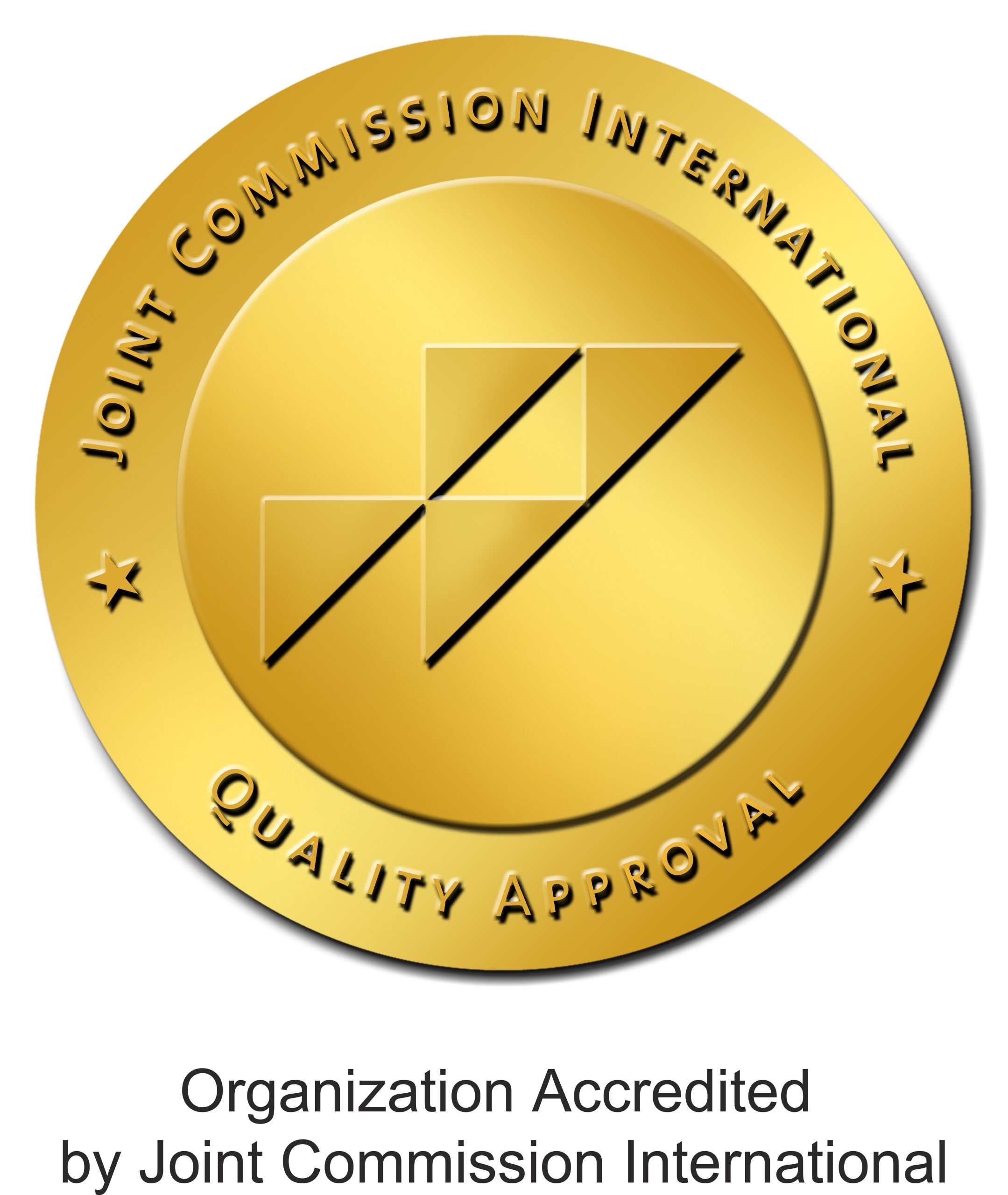According to the World Health Organization, health is defined as a complete state of physical, mental and social wellbeing. This definition indicates a very close relationship between physical and mental health.
Mental illness is a common condition that affects one in five adults. It covers a wide range of conditions ranging from mood disorders to conditions that affect thinking and behavior. Some common mental health conditions include depression, anxiety, bipolar, and eating disorders, and addictive behaviors.
Poor mental health can affect your ability and desire to look after your body. This can lead to problems such as weakened immunity, heart disease, diabetes, obesity, gastrointestinal conditions, and many other conditions that may result in a lower quality of life and/or premature death. There is scientific evidence to suggest that depression (a very common condition) can result in loss of sleep, chronic fatigue, loss of appetite, malnourishment, and increased aches and pains.
On the other hand, poor physical health can also negatively impact mental health. A sedentary lifestyle that involves sitting at a desk for more than eight hours a day can increase your risk for comorbid conditions such as obesity, diabetes, and high blood pressure which can lead to problems with vision, increased fatiguability, depression, brain fog and other mental health problems.
It is obvious that mental and physical health are closely interrelated and optimizing your overall health and wellbeing will involve taking care of both them. Here are some tips to create a healthy mind and body connection:
Handle Stress Effectively: For most individuals, stress is an inescapable part of modern living. Developing coping strategies to alleviate stress in your daily lives may involve properly scheduling your tasks and routine activities, setting realistic goals, so you don’t put too much pressure on yourself, trying relaxation techniques such as deep breathing or yoga, and spending time in the company of close friends and family members.
Exercise Every Day: About half an hour of moderate intensity exercise that involves a combination aerobic activity such as jogging or brisk walking, muscle building exercises such as strength or weight training, and flexibility exercises will not only give you more energy and strength, but will also give you the mental clarity and focus to complete your daily tasks.
Ensuring You are Well Rested: Most individuals require anywhere between seven to nine hours of sleep to be able to perform at peak levels physically and mentally. Getting less than six hours of sleep two days in a row can lower your ability to focus, reduce immunity, and increase irritability. When you are well rested, you can complete your tasks more efficiently and are less likely to make mistakes. If you have difficulty falling a sleep at night, try to practice good sleep hygiene by avoiding caffeine intake in the evenings, avoiding screen time an hour before bedtime, and going to bed at the same time every day.
Proper Nutrition: Avoid processed foods that have plenty of empty calories and no nutritive value. A well-balanced diet will include the right amounts of proteins, carbohydrates, and fats as well as plenty of fresh fruits and vegetables. Skipping meals and following crash-diets are also to be avoided as they can lead to lowered energy levels and unhealthy snacking. Proper nutrition will provide the right fuel to optimize physical and mental abilities.
Seek Professional Help: Some people find it difficult to discuss mental health problems with their friends and family, but this should not prevent them from seeking help from mental health care professionals. Even if people are able to discuss their mental health problems with others around them, they can still benefit from talking to a mental health professional. The earlier the condition is assessed, diagnosed and treated, the better the chances of a positive outcome.
If you or your loved ones are experiencing symptoms that might be indicative of decline in mental health, please visit the mental health specialists at ACPN for an accurate assessment and personalized treatment recommendation(s). For all appointments & inquiries, please call 800 ACPN (2276).

Dr. Rami Alshihabi
Clinical Psychologist,
Clinical Lead - Psychology Services
Abu Dhabi



